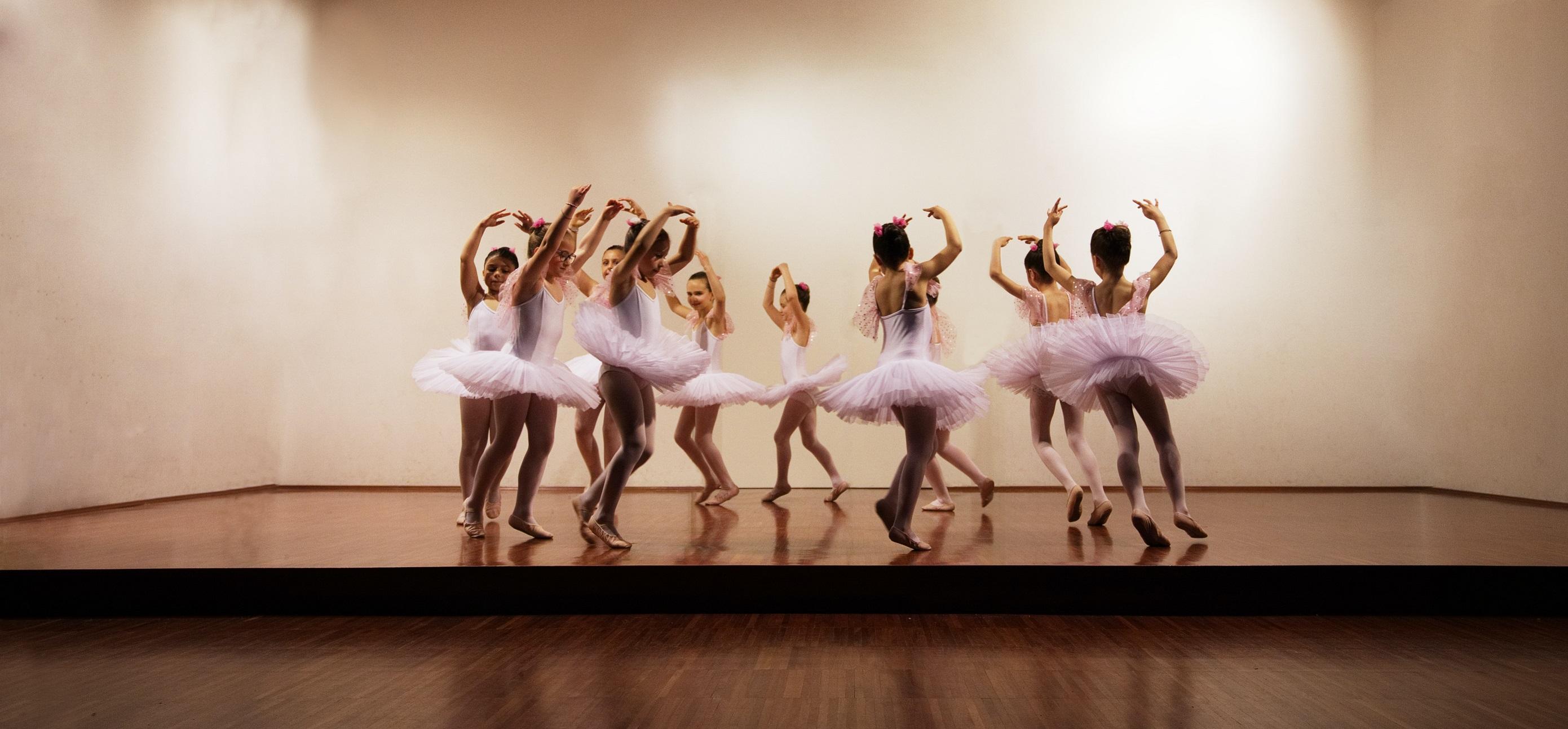


What are the Benefits of Doing Ballet for Children
20 January 2023
Ballet does so much for children’s well-being. It combines music, fitness and self-expression. Children learn discipline, seeing the results of consistent practice to strengthen their bodies and be able to perform new movements.
Strength and Coordination
The set movements of ballet use muscles all over the body, many of which other sports do not reach. It teaches co-ordination as every movement is controlled. It increases flexibility as over time joints are pushed to perform increasingly difficult postures. Children develop long, strong muscles they can be proud of and stamina. Exercises repeated over and over mean they develop a strong core and improved posture. Ballet shows children the potential of the human body and reveals the capabilities of their own. That’s something they will always have with them.
Confidence and Working in a Team
In ballet class children work as a group and take turns to perform. Synchronicity in routines requires connection and empathy. Children get used to performing in front of each other and can then progress to experience the magic of performance in front of an audience with costumes and make-up. This all increases their self-confidence in everyday life.
Since ballet classes are taught in a group, children develop social skills they can use throughout life. Stepping on stage takes courage and provides experience with that can help them tackle other high-pressure situations like exams with composure.
Cognitive Benefits
As well as the physical benefits, ballet improves cognitive ability and memory from memorising steps. Children can release pent-up energy so improve focus because ballet is calming. They learn that consistent hard work and dedication bring results. It gives them mental and emotional strength.
Learning ballet involves a very close relationship with music. Connecting and listening to the music prompts movements and emotions that are transporting. Music gives the movement structure, flow and mood. It dictates the rhythm and enables the dancers to work as a group. This close involvement with music has so many benefits in itself. It improves mood, lowers stress and helps with sleep.
Perseverance
Progressing in ballet requires a commitment to attending class regularly, dedication. Classes are usually conducted with strict discipline because the focus is physical. It is strict because it is precise. There are many difficult poses, turns and leaps that take hours of practice. This teaches children to overcome obstacles and persistence towards a goal. Once achieved, it is immensely satisfying for them. The sense of accomplishment, mastering moves and sequences is wonderful for their self-esteem in other aspects of their lives.
Creativity
Ballet is a creative endeavour. It is an art form. Children will gain huge pleasure in generating and experimenting with ideas. If this leads to a performance they can glow from positive feedback or learn to go back to the drawing board and think of new ways to communicate and entertain.
The strong core, flexibility and strength learned in ballet serve as a foundation for other dance forms. It provides a vast vocabulary of movement which can be adapted.
Photo by FRANCESCO TOMMASINI on Unsplash
